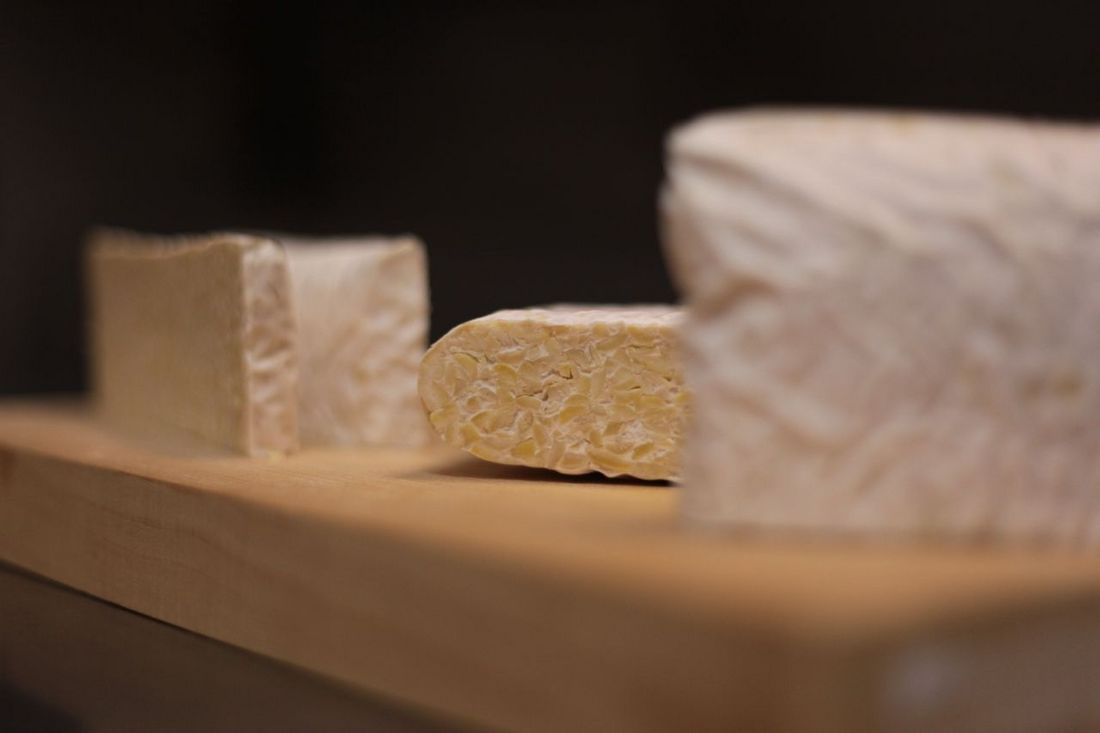There are now 37 people confirmed sick with Salmonella Paratyphi B linked to tempeh. Buncombe County Health Department in North Carolina has outlined three paths for infection: folks who have eaten tempeh (from Smiling Hara); others who have connections to someone ill with Salmonella Paratyphi b (person-to-person); and, a third group that is under further investigation to determine if there are other sources of contamination.
According to the update (and big props to the Buncombe Co health folks for releasing daily updates):
Confirmatory lab results are expected later this week that should confirm whether the tempeh is a match to the type of Salmonella associated with the current outbreak. At this time we cannot assure people that if they stay away from the tempeh that they won’t get sick. Health officials appreciate the precautionary measures taken by Smiling Hara, who recalled their tempeh product while awaiting confirmation that the tempeh is directly linked to this outbreak.
On the Smiling Hara Tempeh website, the product is marketed as a raw food and unpasteurized:
ONCE SMILING HARA TEMPEH IS THAWED YOU HAVE 5 DAYS TO COOK IT (for Listeria concerns? -ben). For best taste and highest nutrtional value do not re-freeze. Our Tempeh is a raw food and is intended to be cooked. In the heating process some of the probiotics and digestive enzymes will die, however, some will be retained and the mushroom qualities remain in full. After eating our product regularly you will notice the cleansing effect it will have on your body, and how good you will feel after a “happy belly” meal including Smiling Hara Tempeh, vegetables, and grains.
It’s unclear from the available information whether illnesses have been linked to consuming this product at restaurants or in the home (or both). And it’s really unclear what folks were doing with this product once in the kitchen: did they know it was raw? Did they know there was any potential risk? Was the product labeled and did anyone follow the label directions?
Cross-contamination also could be a factor here – it’s likely that folks in the kitchen treat this stuff more like leeks and potatoes than raw chicken. Inadequately cleaned leeks and potatoes were thought to be responsible for an E. coli O157:H7 outbreak in the UK that sickened 250 people over months.
barfblog
safe food from farm to fork
